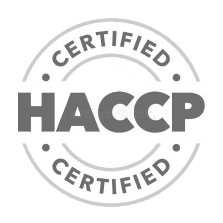Good Morning!
Log In
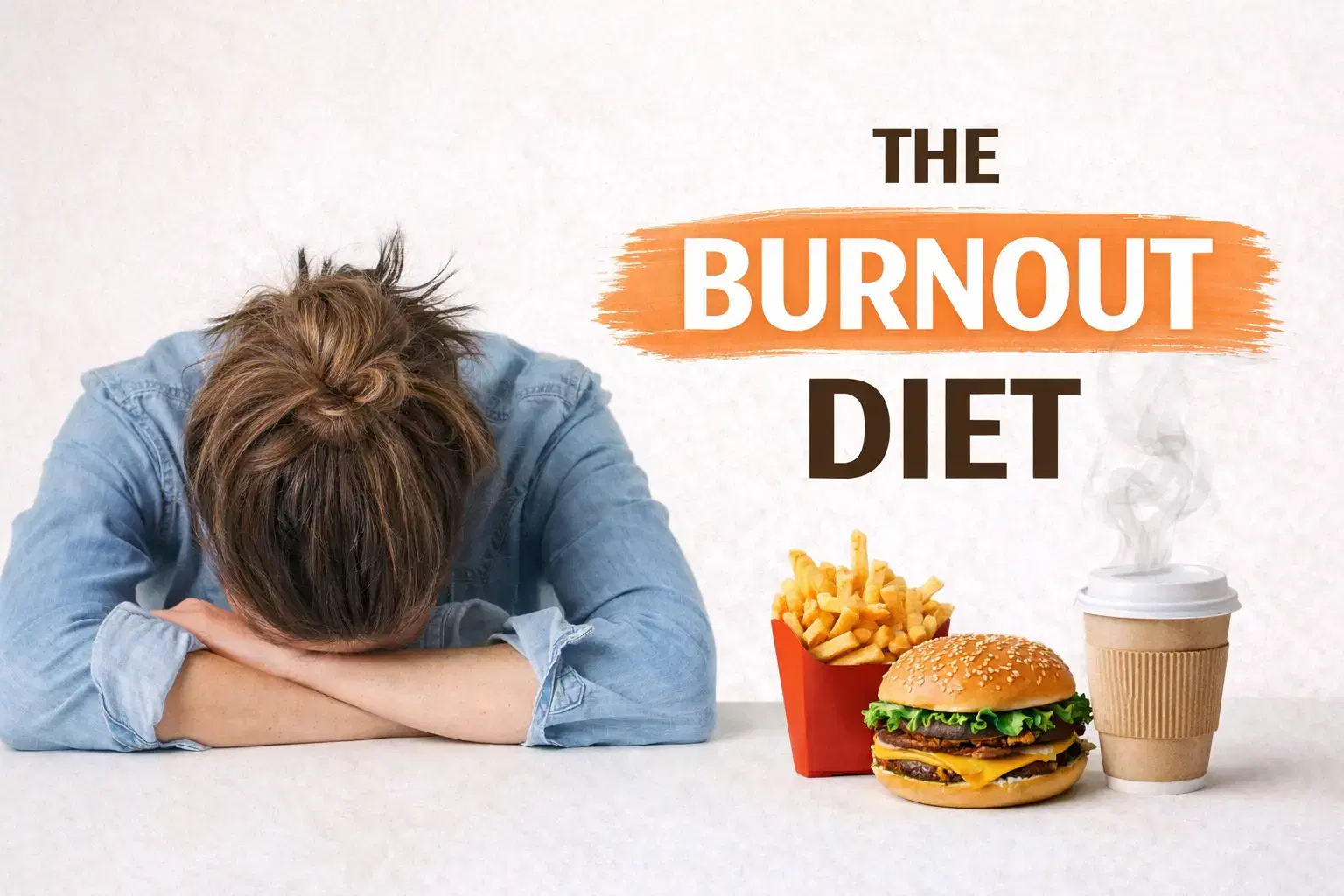
Latest Blogs
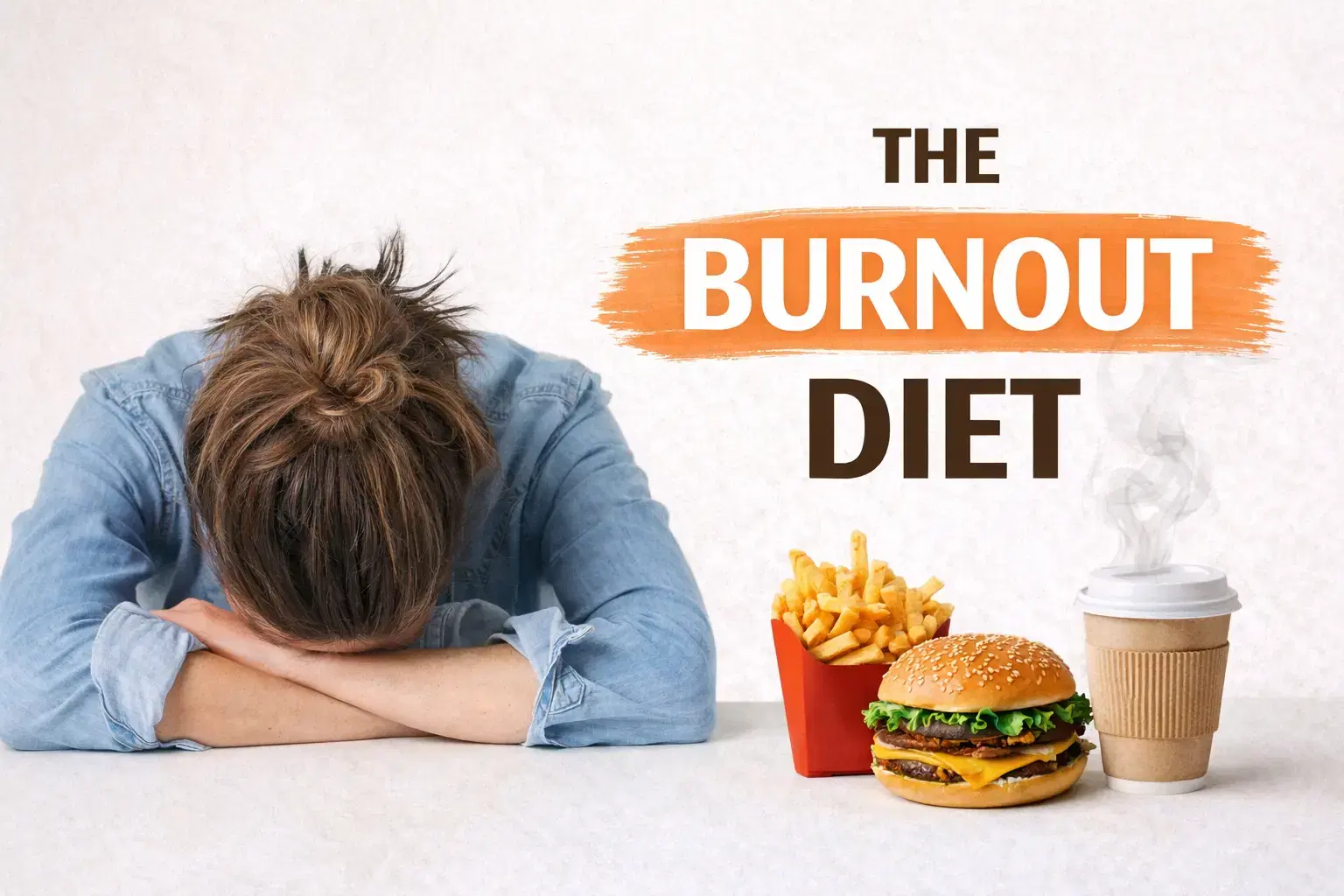
Saja DavoodThe Burnout DietJan 30, 2026 | 8 min

Saja DavoodThe mental load of “What should I eat today?"Jan 22, 2026 | 8 min
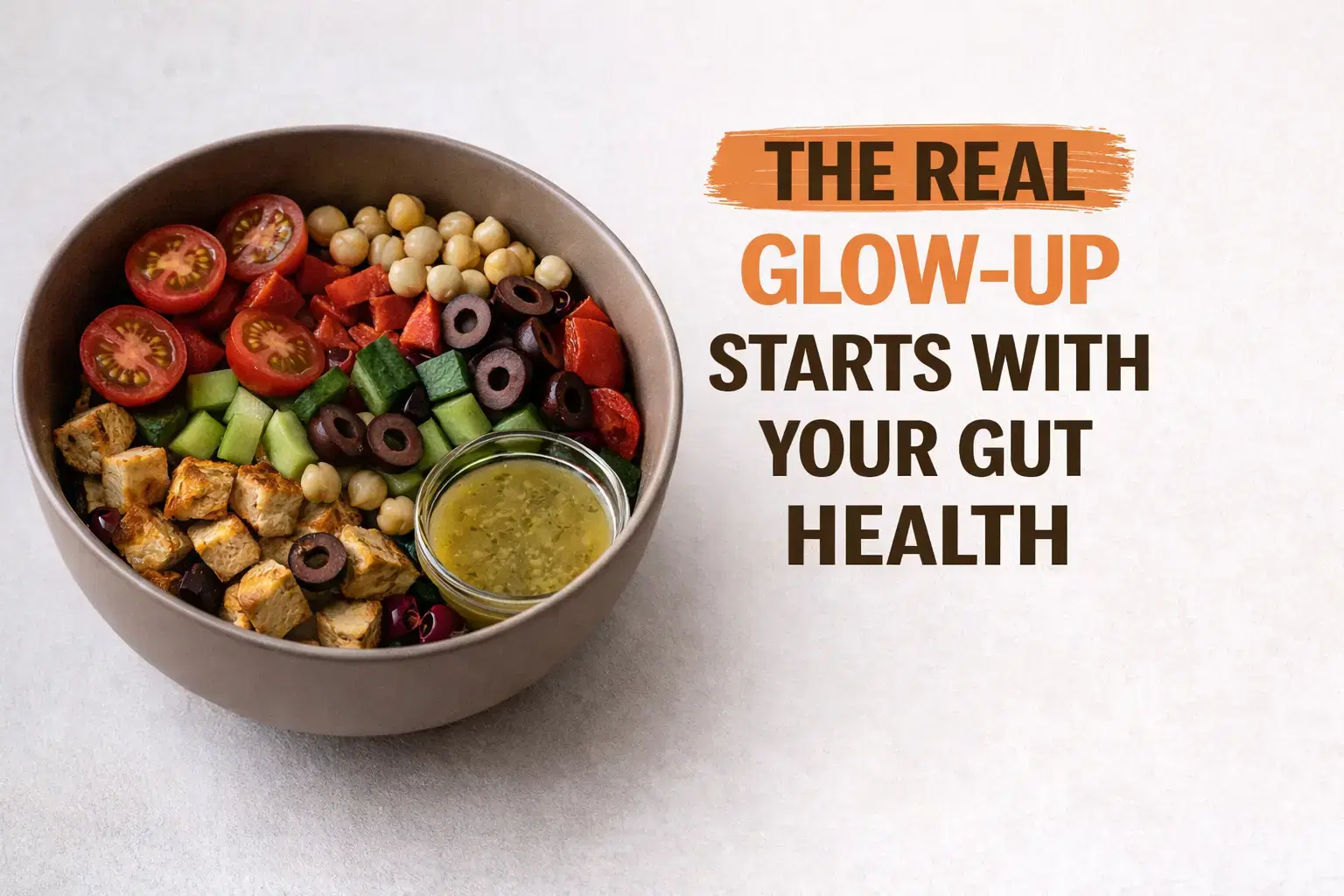
Saja DavoodThe real glow-up starts with your gut healthJan 14, 2026 | 8 min
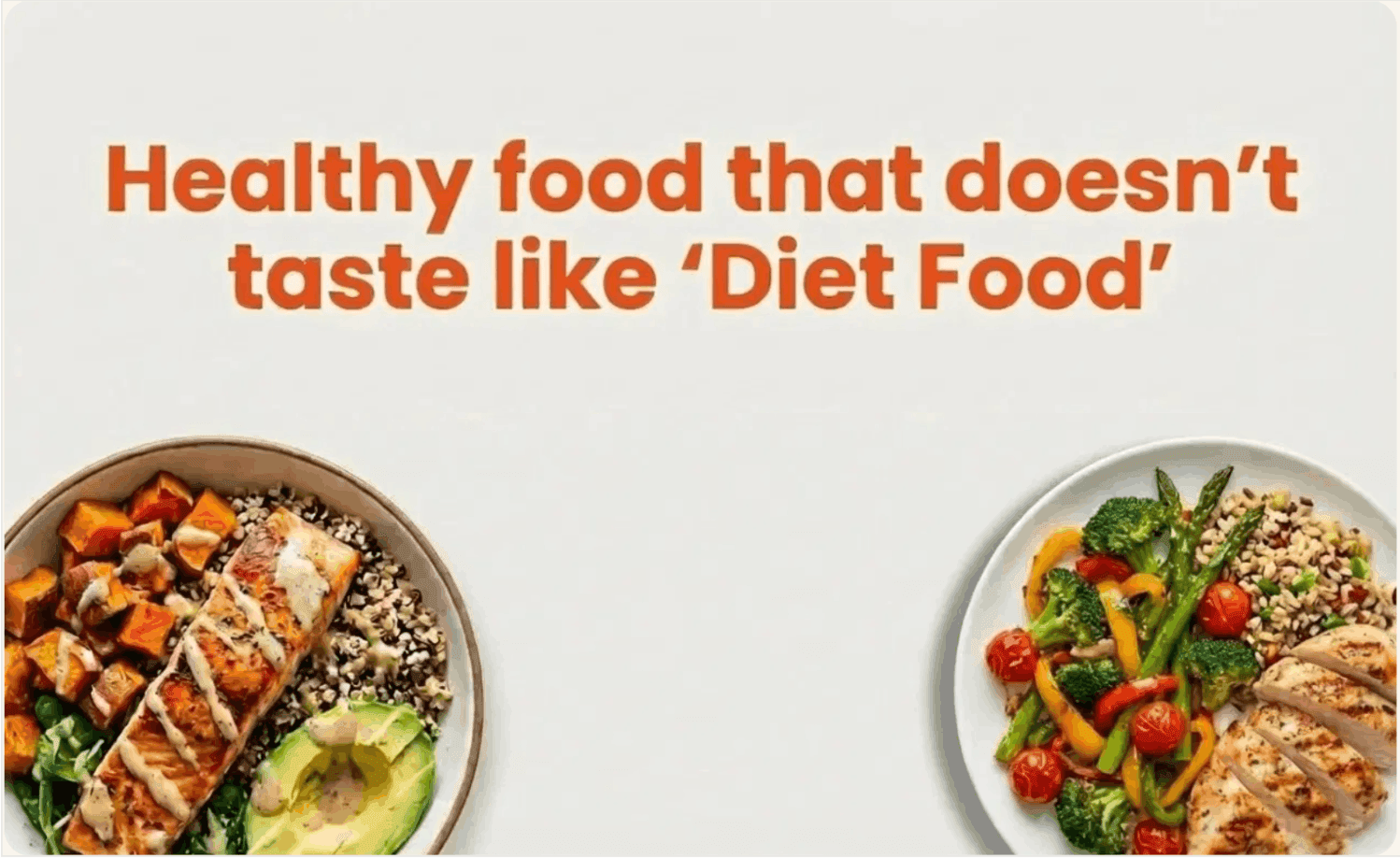
Saja DavoodHealthy food that doesn’t taste like “Diet Food”Jan 17, 2026 | 8 min

Saja DavoodWhy do most people in the UAE get their calories wrongDec 8, 2025 | 6 min
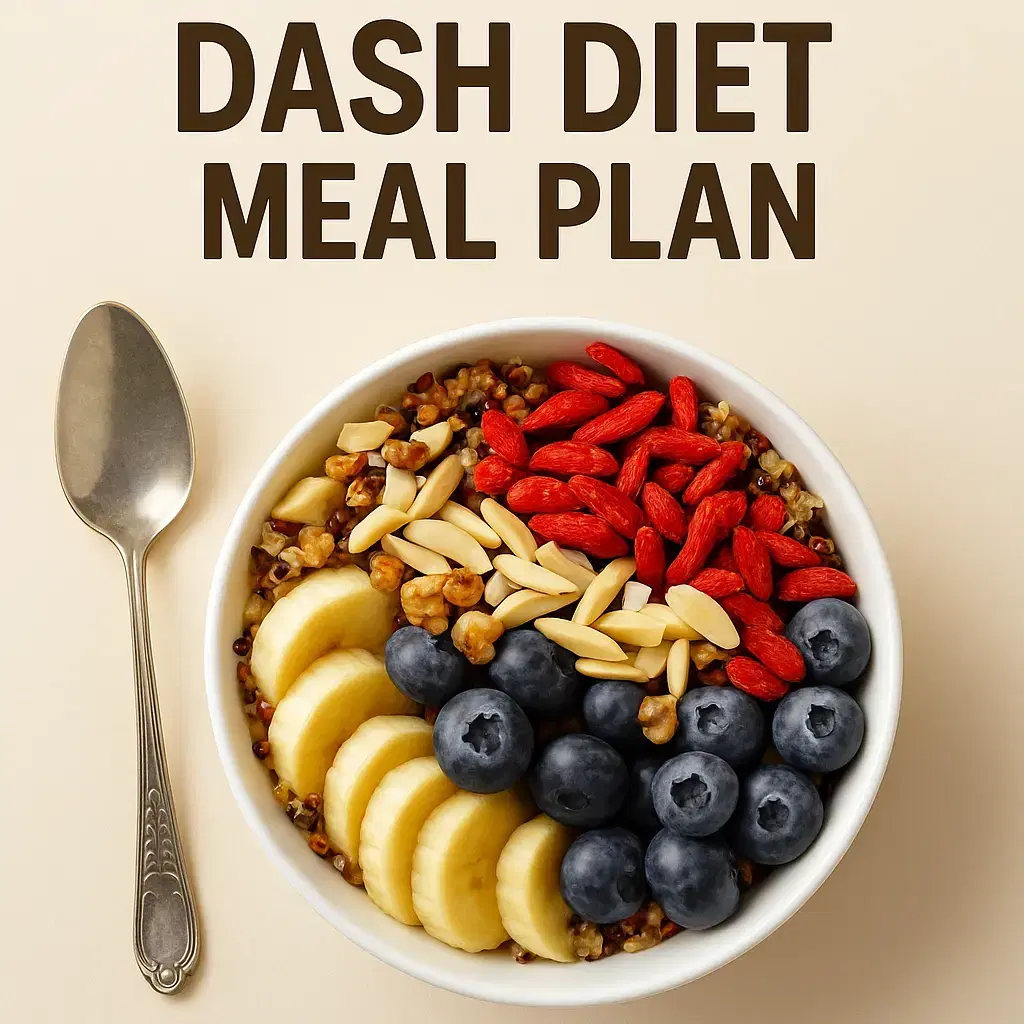
Maurice MaffeoDASH Diet Meal Plan Nov 11, 2025 | 8 min
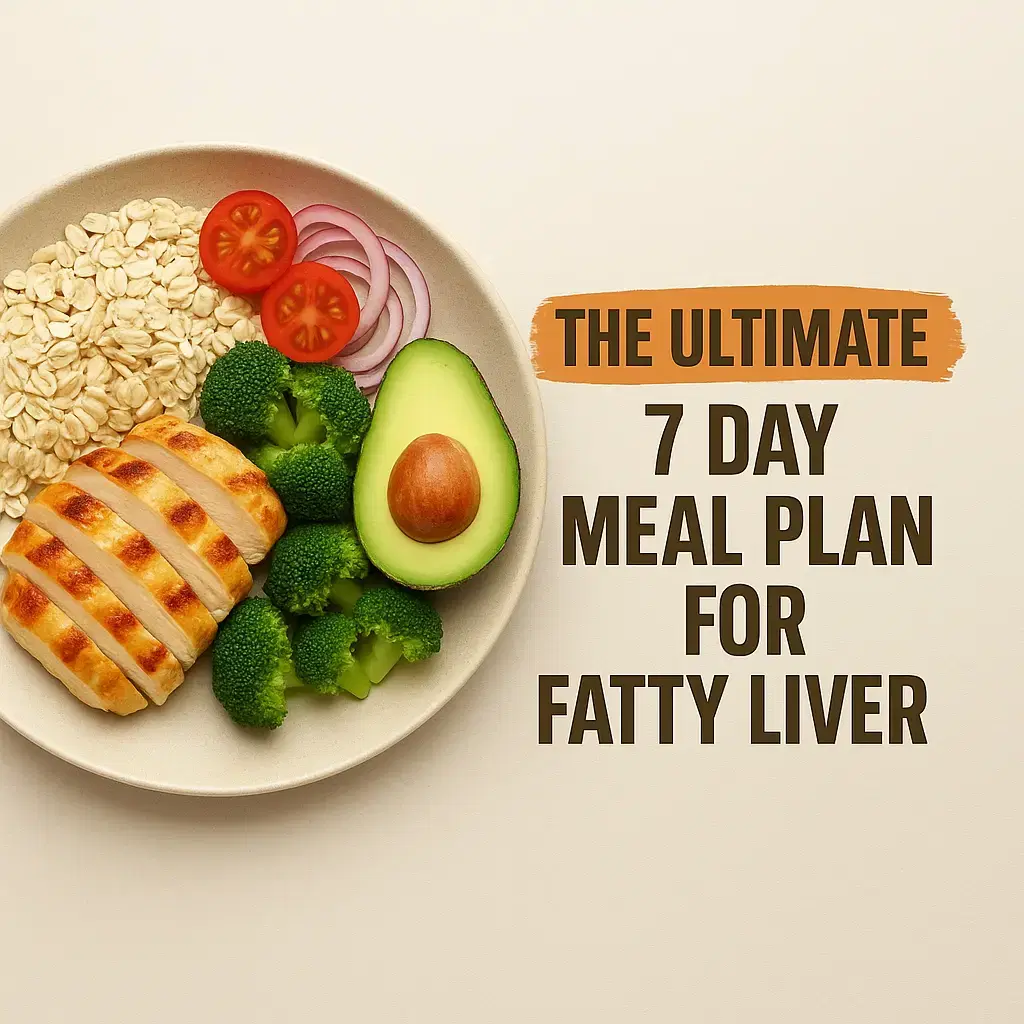
Maurice MaffeoFatty Liver Meal Plan Oct 31, 2025 | 8 min
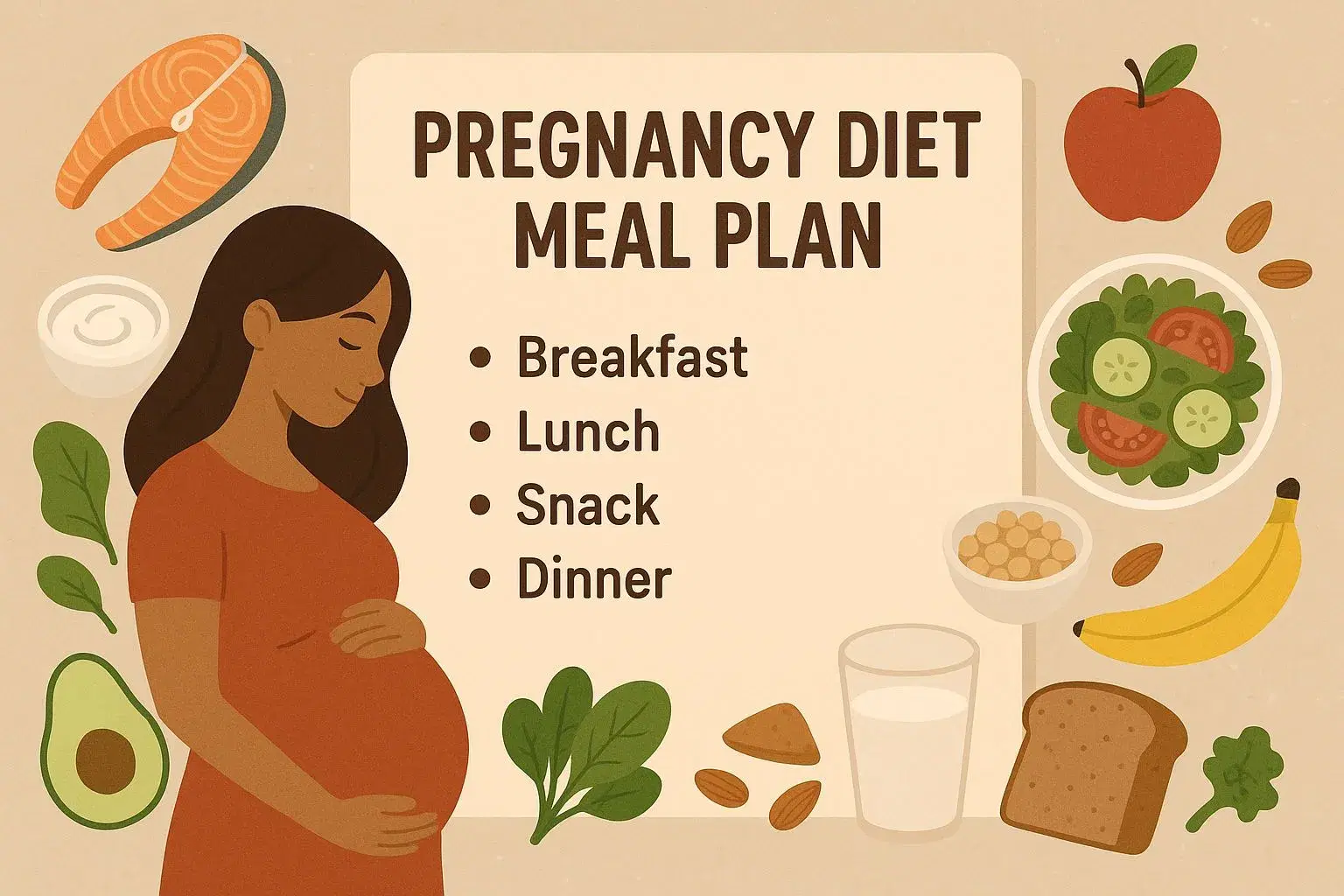
Saja DavoodPregnancy Diet Meal Plan Oct 27, 2025 | 8 min
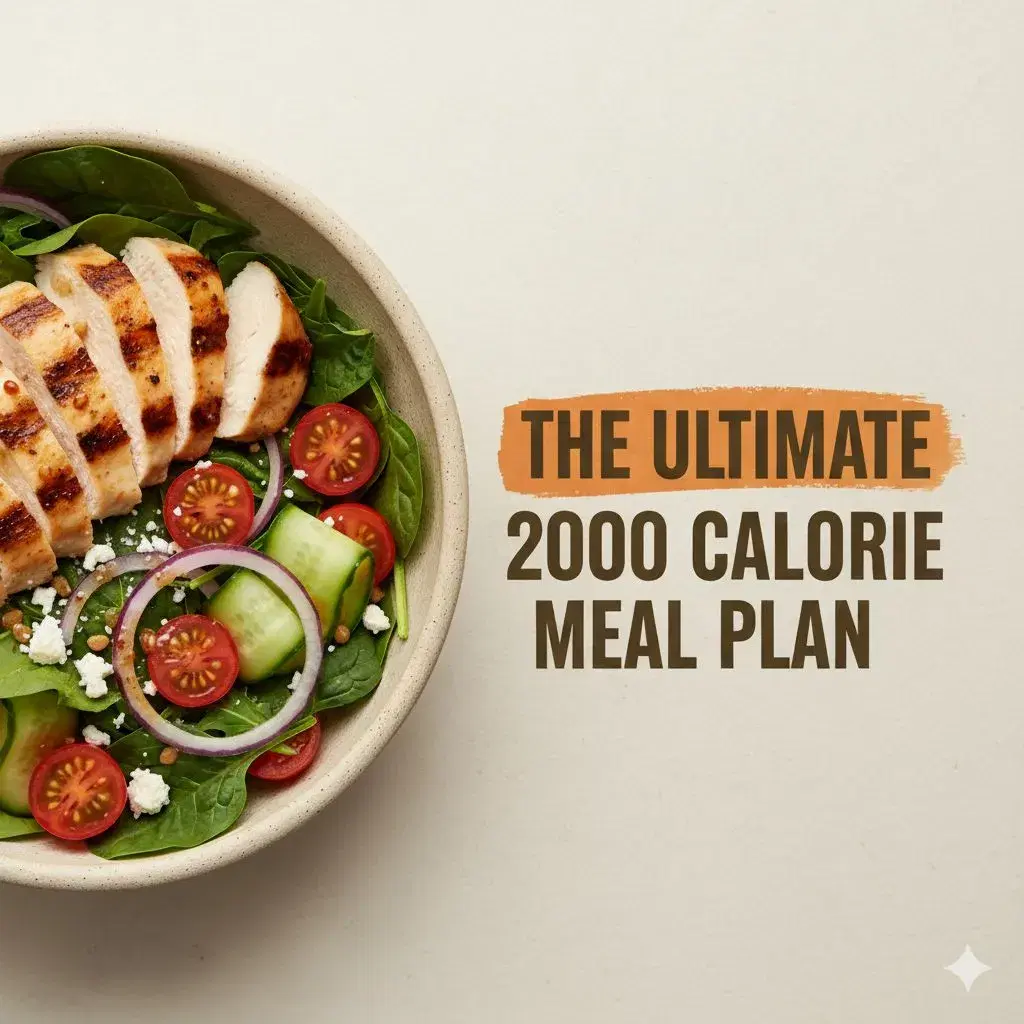
Maurice Maffeo2000 Calorie Meal PlanOct 1, 2025 | 8 min
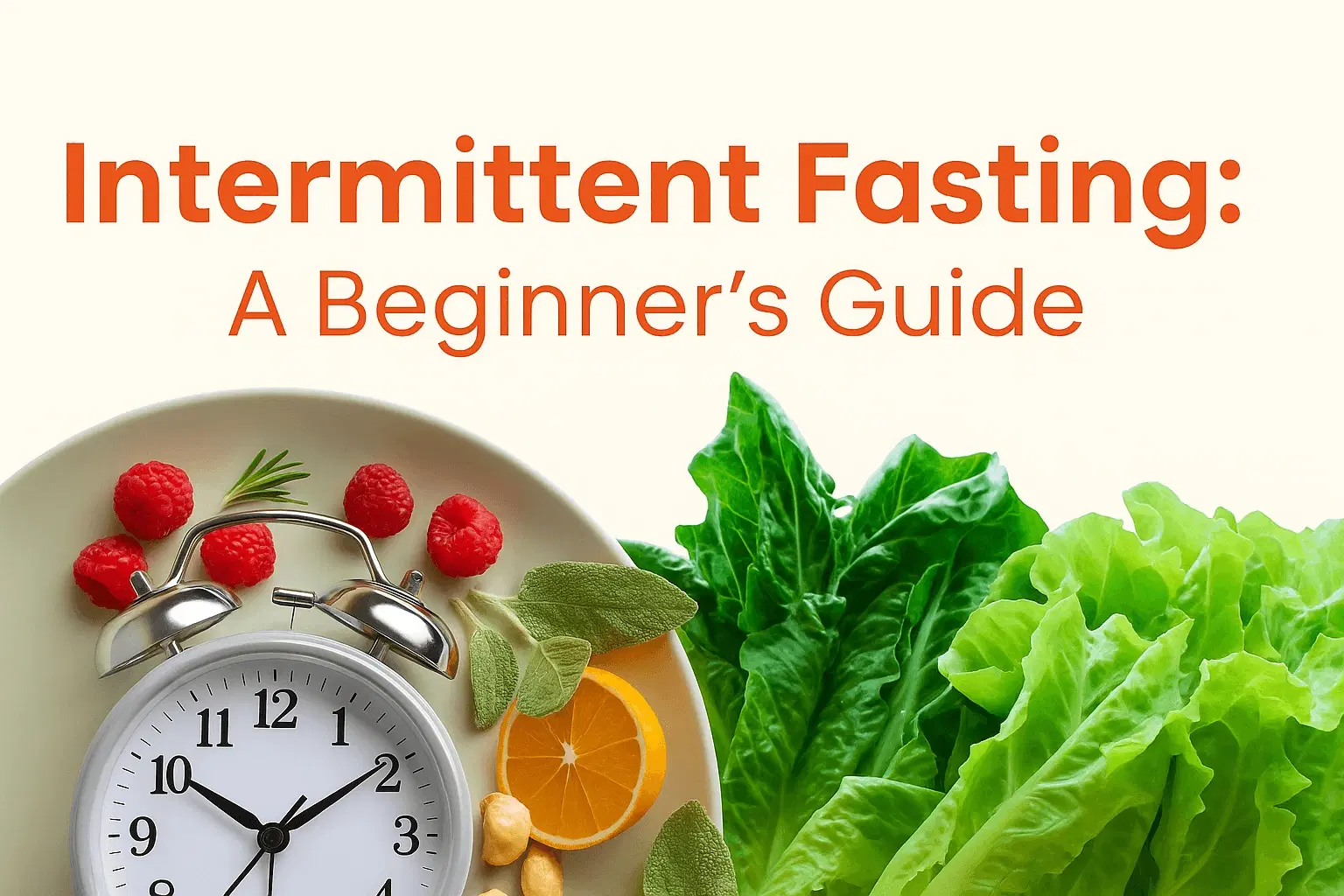
Maurice MaffeoIntermittent Fasting Diet PlanSep 5, 2025 | 8 min

Delight your taste buds with every biteSignup to our weekly newsletter for amazing insights.
